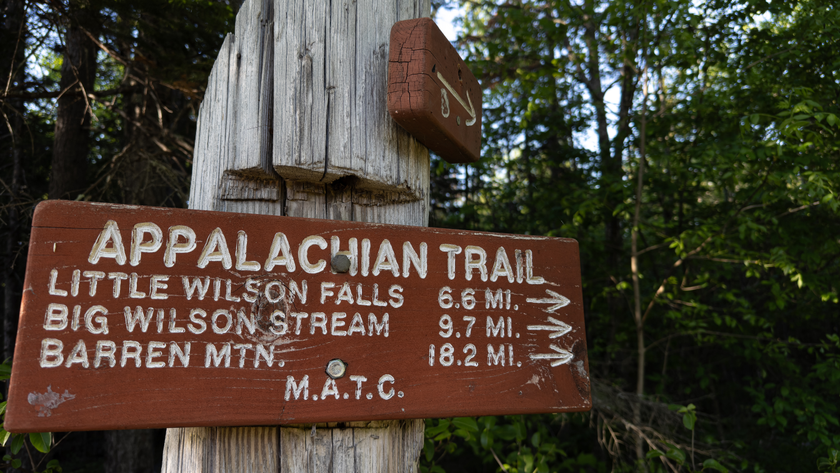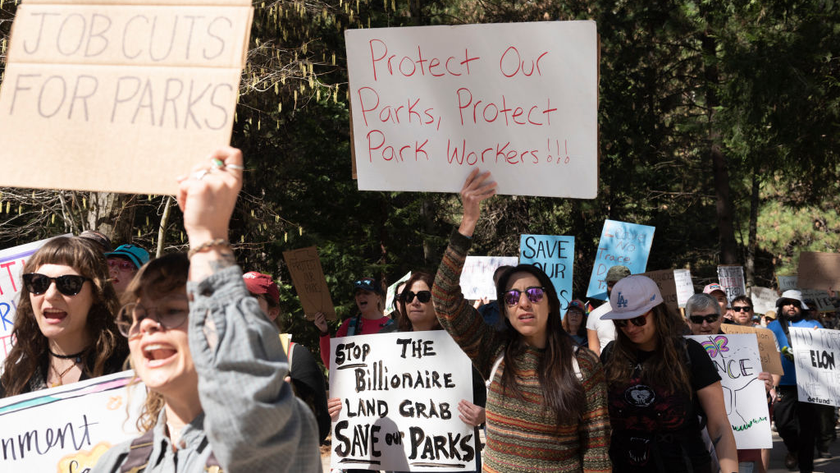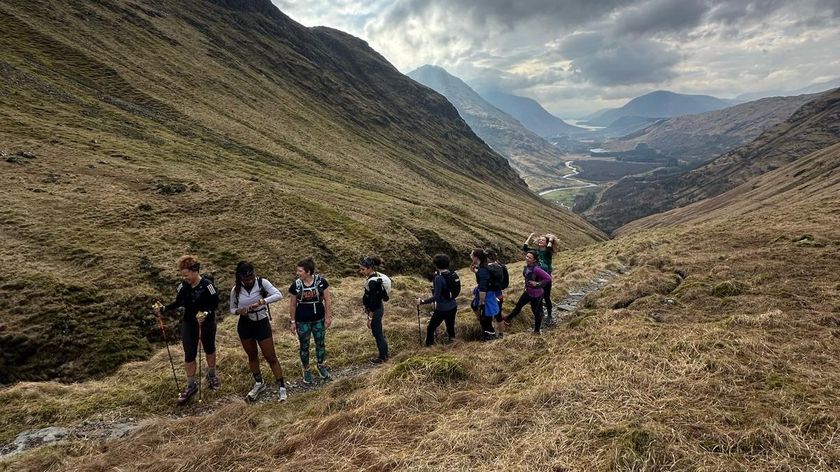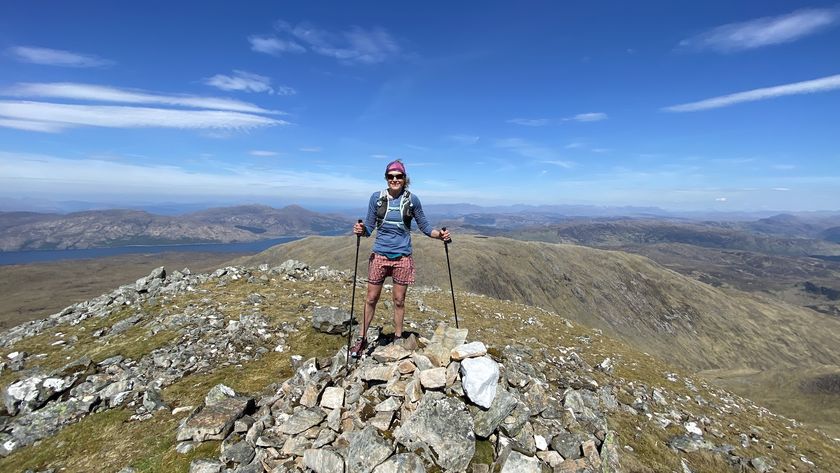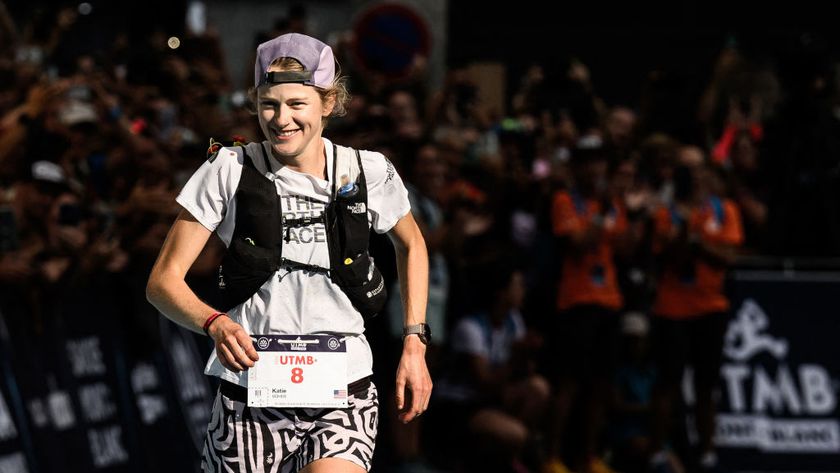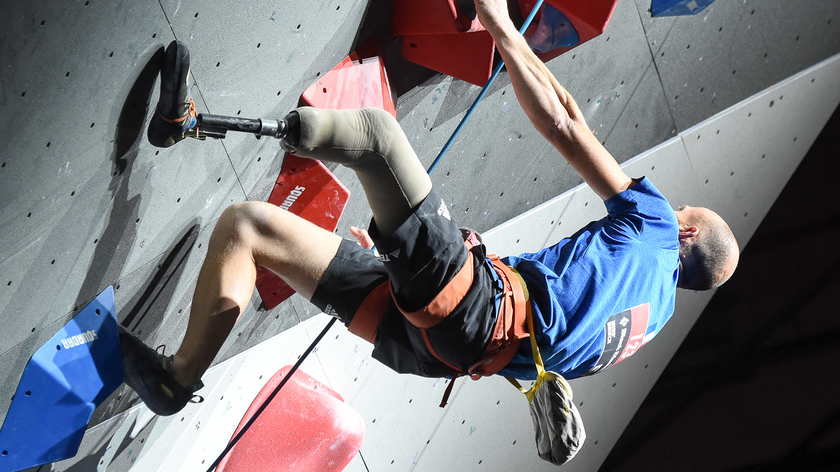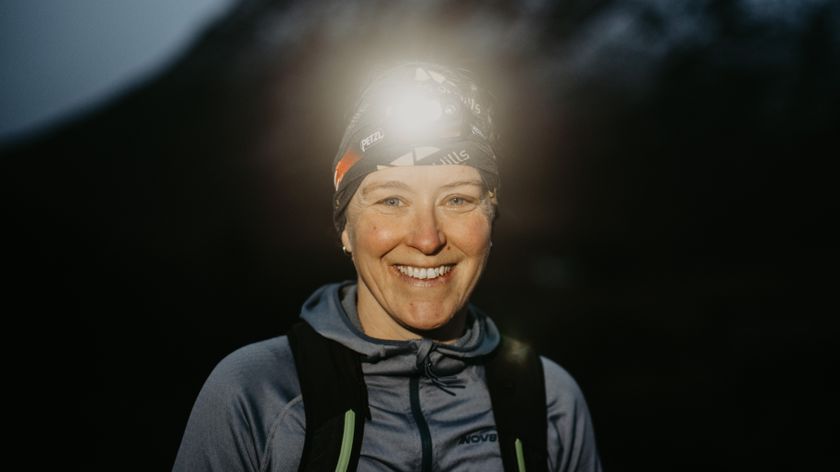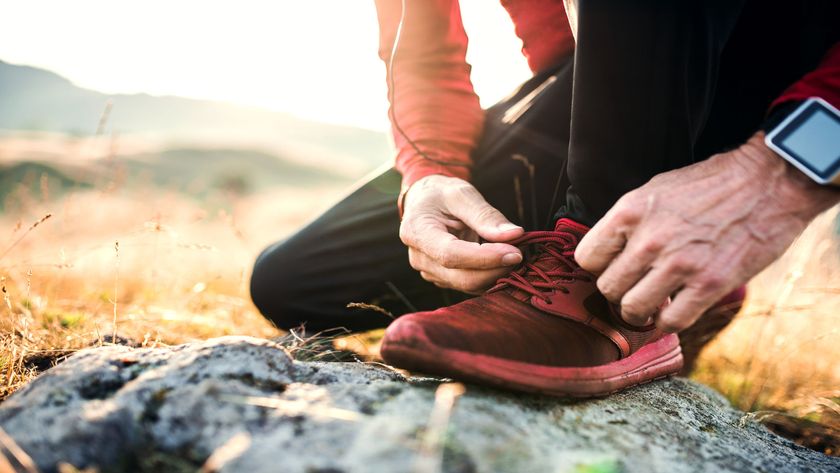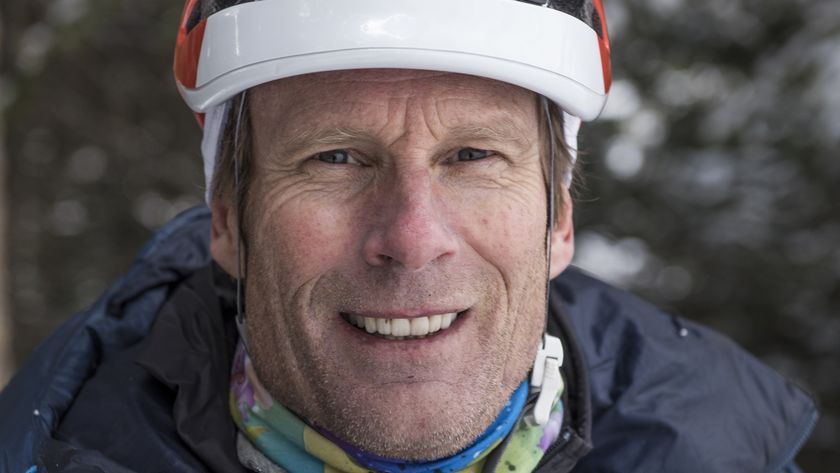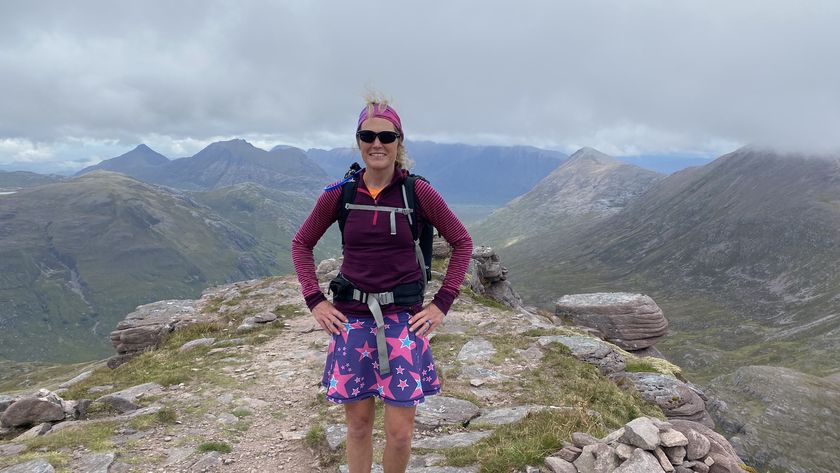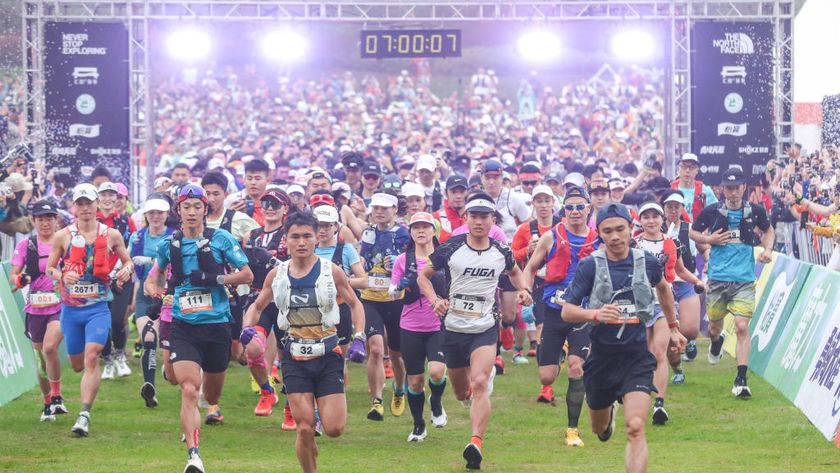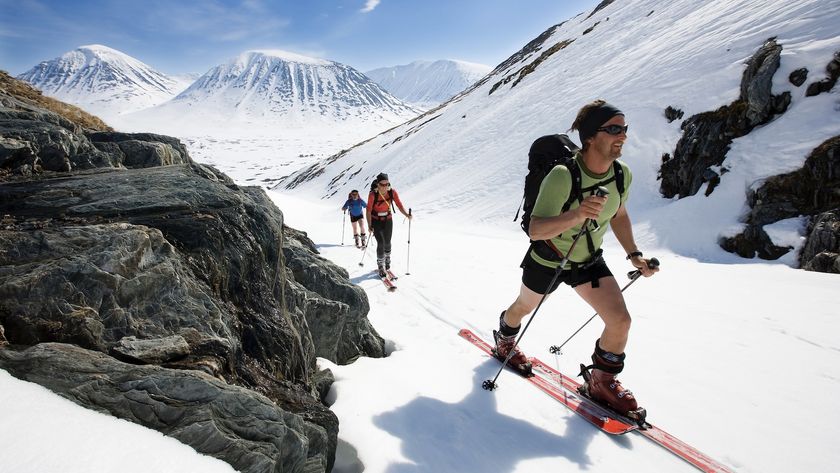Inspired by the Olympic marathon? Here’s how to get started
You don’t need to be a professional athlete to run a marathon. Just follow our guide to achieving the 26.2-mile goal
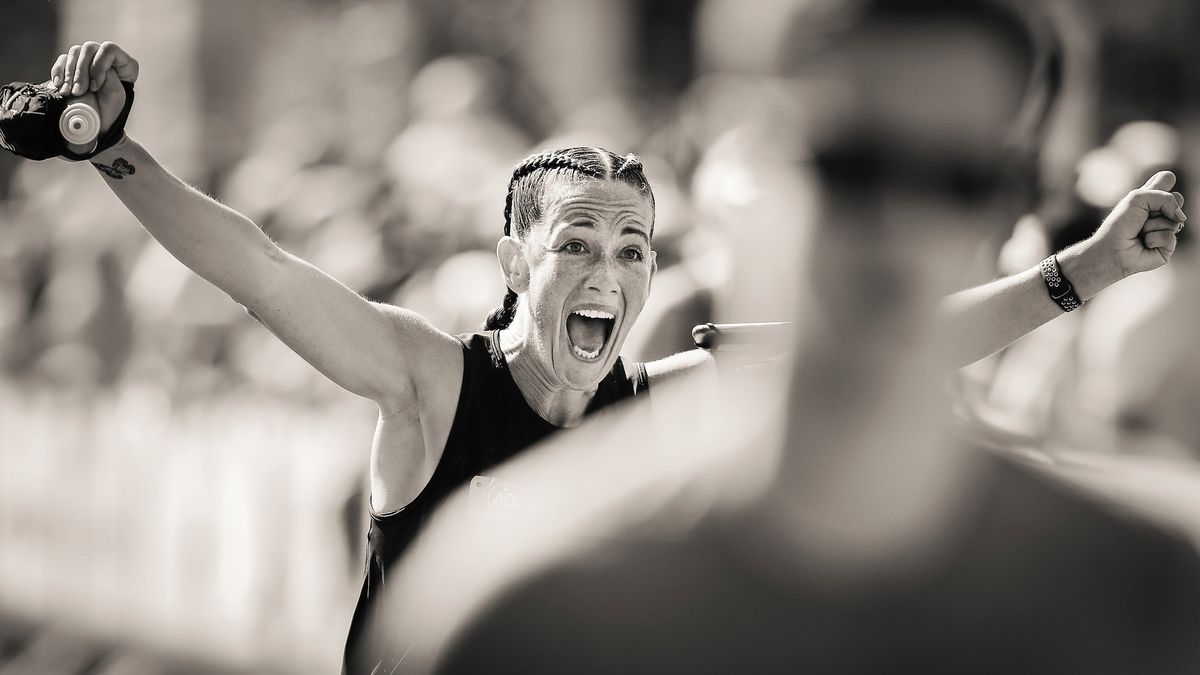
Watching the athletes at the Olympics can be very inspiring – and when it comes to running, the marathon distance is one of the most impressive. As a viewer (check out our guide to watching the Olympic marathon 2024) you will be amazed by the speed the Olympic marathon runners maintain for the full 26.2 miles of the race, but this running event is still achievable for many more “ordinary” runners. It just takes some focussed training, the right kit and footwear and the best choice of marathon race for you.
We bring you a guide to getting started with your marathon running goal.
How to train for a marathon
The right marathon training programme for you will depend on your fitness and racing experience so far. Ideally, you will have already run a 10k race and hopefully a half-marathon event, and now have the aim of the 26.2-mile marathon.
You could start right at the beginning and build up to a marathon but allow more months for this to happen.
Realistically, if you have run a 10k and you feel ready for a half-marathon distance, you could probably train for a full marathon in around 12 weeks. It could also be a good goal to aim for a sub four-hour marathon.
There are plenty of training schedules to follow, whether online or in a variety of books. Many runners find a coach is very useful when training for their first marathon.
It’s not simply a case of running further because you need to build up the distance incrementally to avoid injury. It is also a good idea to include strength training and recovery sessions, such as yoga or swimming, so that you maintain the best physical health.
Advnture Newsletter
All the latest inspiration, tips and guides to help you plan your next Advnture!
Runners who build up the mileage too quickly and focus on on the running miles often find they are stopped in their tracks due to running injuries and niggles.
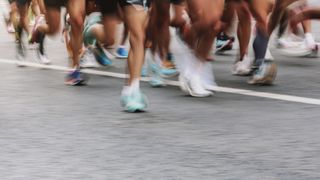
Buy the right marathon running kit
Training for a marathon requires many miles of training. Comfort is key and you should choose clothes that are lightweight and comfortable.
Fabrics that allow sweat to easily evaporate and are quick drying will help you to avoid chafing and keep you warm and dry if it’s cold and damp. Even when the weather is warm, sweat will cause your clothes to become wet, so you will want technical fabrics that dry quickly.
Some people swear by merino as a wonder fabric, or other natural yarns, for their quick drying properties and these natural fabrics have the advantage of reduced build up of odor from sweat.
It might be that you wil be training in the winter months for a spring or summer marathon, so you will need to think about layers for warmth. If you layer tops you can take them off and put them back on when the conditions dictate.
A waterproof running jacket or a windproof running jacket will be another essential marathon training kit item. Add running gloves and headwear for colder days as well, plus running sunglasses for brighter days.
One area that many marathon runners suffer is thigh chafing. If you wear lycra shorts or tights, or double layer shorts or skorts, much of the chafing will be avoided. There are anti-chafing creams and ointments available, too.
Also beware the runner’s nipple. When you run longer distances, the nipples can become chafed or sore due to fabric rubbing repetitively. You could try nipple shields or covers.
It will be a good idea to have a running pack to carry spare kit and also snacks and water.
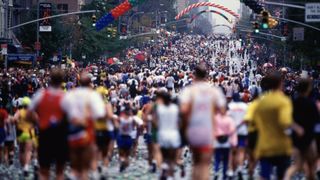
The best footwear for marathons
Choose your marathon footwear to suit your running gait and also the terrain that you will train and race on. Road running shoes are different from trail running shoes so buy the right footwear to suit. Marathon training requires many miles of running and it’s likely you will also require some decent underfoot cushioning.
Many longer distance runners have a few pairs of running shoes for training and a lighter weight pair of shoes for the race itself.
Choose your marathon race
There are thousands of different marathon races across the world. Some are iconic events such as the London Marathon, New York Marathon and Boston Marathon.
Other marathons might be more local to you, which makes travel arrangements easier on the day. You could also target a marathon race as part of a vacation, or take a holiday after doing a marathon. How about signing up for a marathon in a national park and then taking an extended trip to see some top attractions?
There are also some great trail marathons, so you do not need to pound out your 26-2-mile goal on tarmac.
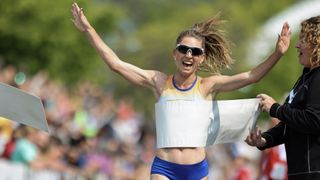
Motivation for training
Running mile after mile in your training programme can become hard work both physically and mentally. A good quality training programme should take care of the physical side of a marathon.
To stay on track and motivated, you would enlist the support of friends to run with you or train for the same marathon. Join a local running club and enjoy the friendship and encouragement of other runners, too.
Another great way to stay focused is to pick a charity to raise money for. If you have a fund-raising goal, it will remind you why you are running all the miles when the training and race feel tough.
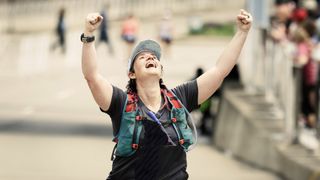
I’ve run a marathon, what next?
Hopefully, once you have completed your first marathon you will be keen to do another. Your next goal might be to run one of the marathon Holy Grail times of a 3:30 marathon (three hours and 30 minutes) or even a sub-three hour marathon finish. There are training programmes that can help you to achieve this if you have the time for consistent effort.
If you have completed a road marathon, why not aim for a trail marathon? Or you could pick a hillier, or flatter, marathon. Alternatively, how about choosing a different region or country for your next marathon goal? Or looking at one of the world's weirdest running races?
Running a marathon brings many rewards and it's a goal that plenty of runners are keen to aim for.

Fiona Russell is a widely published adventure journalist and blogger, better known as Fiona Outdoors. She is based in Scotland and is an all-round outdoors enthusiast with favorite activities including trail running, mountain walking, mountain biking, road cycling, triathlon and skiing (both downhill and backcountry). Aside from her own adventures, Fiona's biggest aim is to inspire others to enjoy getting outside and exploring, especially through her writing. She is also rarely seen without a running skort! Find out more at Fiona Outdoors.

